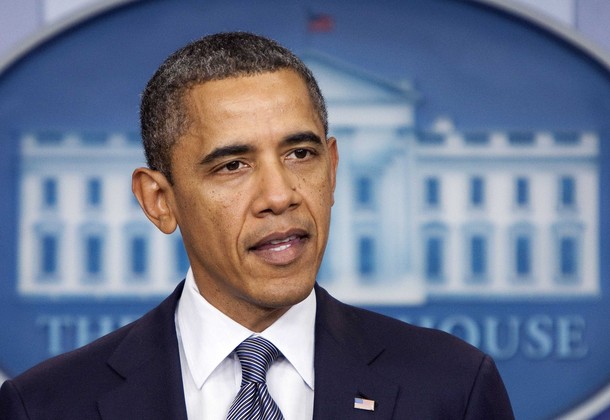From Fred Kempe, Reuters: Read between the lines of the U.S. intelligence community’s quadrennial global trends report, a document released this week that has significant influence on White House thinking, and the message to President Obama is clear.

First, the United States is at a far more crucial juncture of human history than most Americans realize – reminiscent of 1815, 1918, 1945 and 1989. Second, the United States has something that is unprecedented among the world’s great powers, a second chance to shape the international economic and political system.
Read more deeply, and you’ll find a stark warning for the president within the National Intelligence Council’s 140-page “Global Trends 2030: Alternative Worlds” report. The world may suffer severe consequences – ranging from economic slowdown and environmental catastrophe to violent conflict and global anarchy – if the U.S. fails to act, escape the fiscal cliff, restore its political effectiveness, revive its economic competitiveness, and engage China and a host of other rising actors.
The NIC lays out the stakes clearly for the U.S.:
How the U.S. evolves over the next 15-20 years – a big uncertainty – and whether the U.S. will be able to work with new partners to reinvent the international system will be among the most important variables in the future shape of the global order. Although the United States’ (and the West’s) relative decline vis-à-vis the rising states is inevitable, its future role in the international system is much harder to project: the degree to which the U.S. continues to dominate the international system could vary widely. . . .
The Atlantic Council’s report – “Envisioning 2030: US Strategy for a Post-Western World,” proposes an approach that starts with President Obama recognizing the magnitude of the moment and the likelihood that his actions now will have consequences that will be felt for generations.
President Obama has been right to focus on “nation-building at home.” U.S. economic and innovative strength is the foundation for any global leadership role. However, even a revitalized U.S. economy won’t be enough to secure the future.
The U.S., with less absolute power, must act more creatively and collaboratively. What one already sees in the Arab Awakening in the Middle East is that national power will compete with new, multifaceted and amorphous networks – enabled by technology and instant communication.
At the same time, the U.S. must safeguard its longest standing alliance, NATO, and its most important strategic asset, Europe, by helping its allies manage the euro zone crisis while promoting a transatlantic free trade, investment and economic cooperation agreement.
Frederick Kempe is a best-selling author, veteran Wall Street Journal editor and reporter, and president and CEO of the Atlantic Council, one of Washington’s most prominent think tanks and public policy institutions. His much acclaimed book, Berlin 1961: Kennedy Khrushchev and the Most Dangerous Place on Earth, is being published in 12 languages and was a New York Times and Washington Post best-seller. (photo: Reuters)
Image: reuters%2010%2023%2011%20Barack%20Obama.jpg
